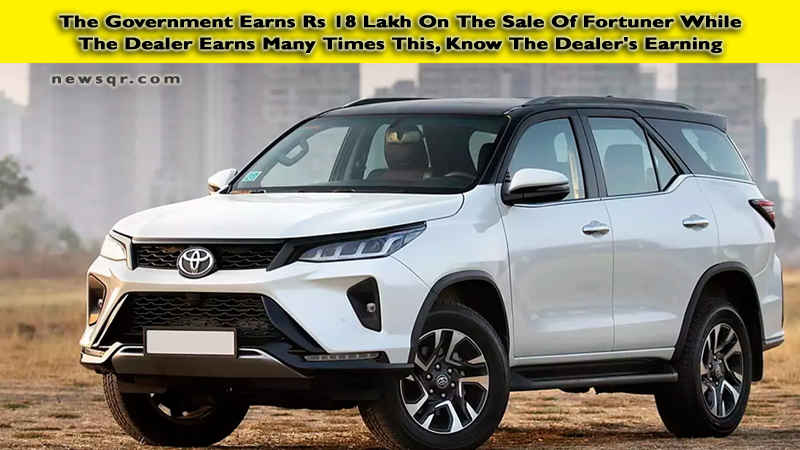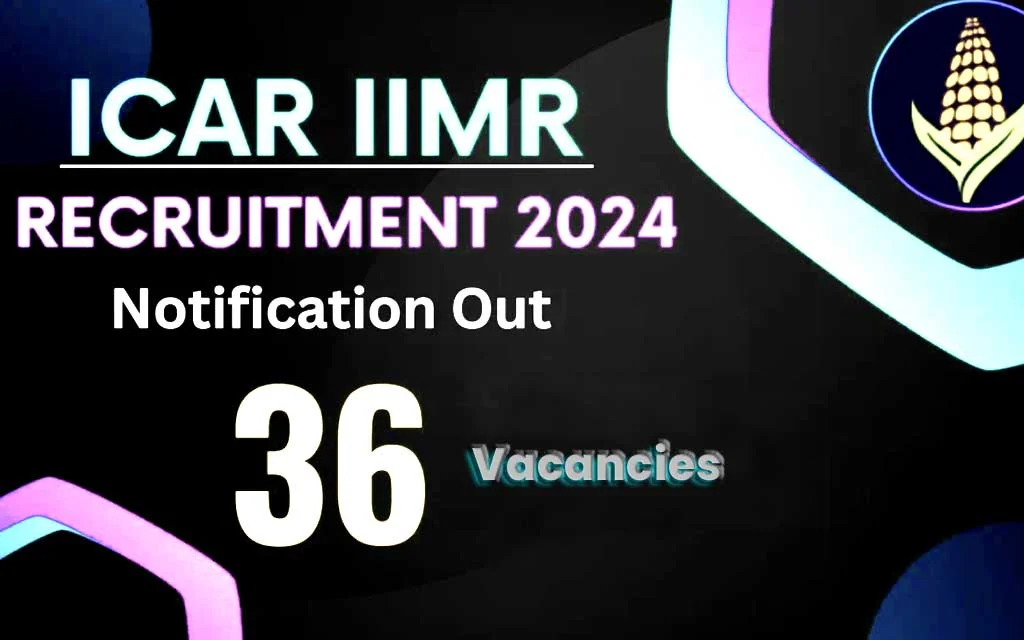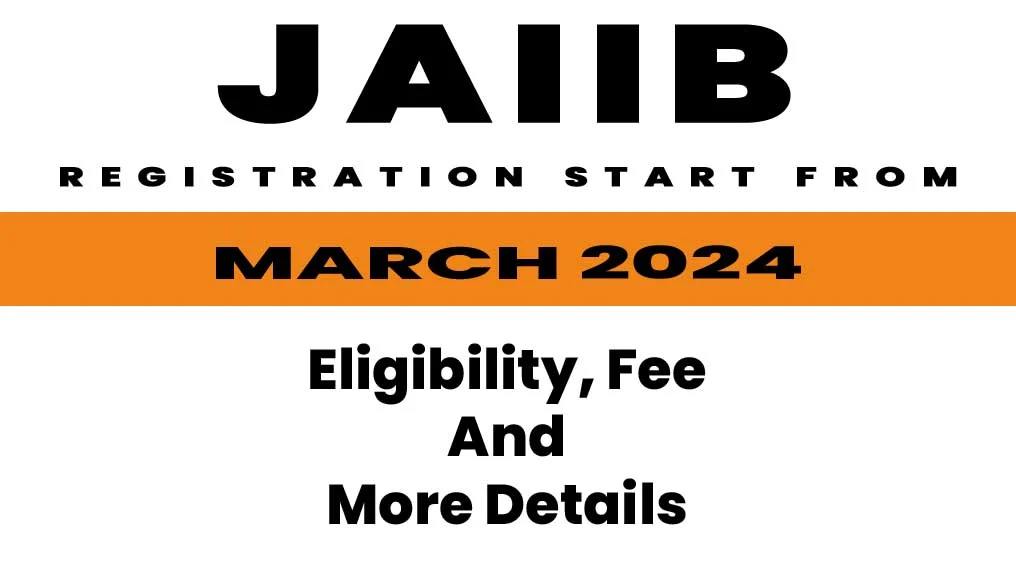Fortuner is a luxury car that is liked by most Indians. Buying a car for a middle class family is a dream. At the same time, if a family wants to buy a big car like Fortuner, then this dream is very difficult to achieve.


Table of Contents
In fact, the prices of vehicles in the Indian market are so high that it is very difficult for any common man to buy them.
Why are these cars so expensive? We want to tell you that 3 people make a profit when a car is sold. The 1st profit goes to the auto car manufacturing company, the 2nd profit goes to the dealership and the 3rd profit goes to the government.
In this, the maximum profit is given to the government, which is why the vehicles are so expensive for the general public. Today we will explain this entire process to you –
Understand The Entire Process With Fortuner
Currently, the price of 1 Fortuner in Delhi will be between 38 to 60 lakh rupees depending on its variant. Now, if a Fortuner is sold from a showroom, how much profit does the government, the company and the dealer make from it?
According to this process, the company makes a profit of just 35 to 40 thousand rupees on the sale of a Fortuner. The dealer earns up to one lakh rupees by selling a Fortuner.
Also Read :
- The Honda Prologue: A Full Electric Vehicle
- The New TVS Victor 125: A Powerful 125cc Engine And Mileage of 80
If we talk about the government, it gets a benefit of up to Rs 18 lakh on the sale of a Fortuner, although the paperwork charge that is done while purchasing the vehicle along with tax is also added. This is because, in the end, all the money goes to the government.
How Is Government Profitable?
The government makes the biggest profit from GST when vehicles are sold. Now, when selling a top model Fortuner, the government receives a GST of around 43%. The top model Fortuner attracts 28% and 15% GST.
Along with this, the customer also has to pay for things like registration, green cess, logistics, FASTag, TCS, insurance and extended warranty, which goes directly into the government’s account.
Disclaimer : The information provided on this website is published for general information and entertainment purposes only. This blog makes no guarantees about completeness, reliability and accuracy. If you take any action with respect to the information linked to this website, it is entirely at your own risk.



